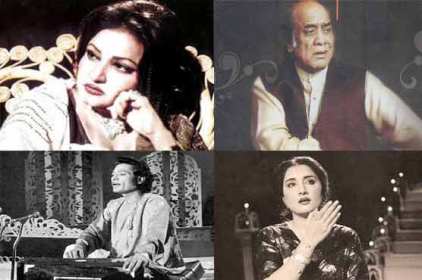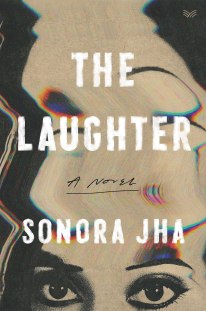This essay was originally written in 2007 as part of a course entitled “Anthropological Perspectives on Ethnicities and Nationalisms” at the Lahore University of Management Sciences

Introduction and General Theoretical Orientation
According to the psycho-social approach in anthropology, nationalism is a substitute for religion and is related to the management of the fear of death. Like religion, nationalism has its own set of beliefs, practices, rituals, songs and celebrations which are used to form an imagined community. In The Sociology of Nationalism, D. McCrone writes:
“The ‘narrative’ of the nation is told and retold through national histories, literatures, the media and popular culture, which together provide a set of stories, images, landscapes, scenarios, historical events, national symbols and rituals. Through these stories national identity is presented as primordial, essential, unified, and continuous “(McCrone 1998, 52)
This emphasis on the creation of national identity is reiterated by Thomas Turino in his article “Nationalism and Latin American Music: Selected Case Studies and Theoretical Considerations.” Turino contrasts the concepts of state and nation and highlights the importance of what he calls “national sentiment”. He writes: “Whereas state membership is defined and enforced with legal sanctions, being part of a nation depends on a more informal set of subjective feelings. Anthony Smith (1971) among others has referred to the feelings of belonging to a nation upon which nationhood depends as national sentiment” (Turino 2003, 174). According to Turino, “creating or sustaining broad-based national sentiment is a primary goal of nationalist movements and governments.” One major way that governments attempt to achieve this goal is through what Turino calls “cultural nationalism” which he defines as:
“the semiotic work of using expressive practices and forms to fashion the concrete emblems that stand for and create the ‘nation’, that distinguish one nation from another, and most importantly, that serve as the basis for socializing citizens to inculcate national sentiment… Cultural nationalism is not a celebratory or entertainment-oriented frill attached to serious political work; it is one of the essential pillars upon which the entire nationalist edifice stands. Music, dance, visual arts, political speech and a broad variety of other expressive cultural practices, in turn, are at the center of cultural nationalist projects.” (Turino 2003, 175)
Within the bounds of cultural nationalism, Turino further defines a subset which he labels “Musical Nationalism”. This is “music used to create, sustain, or change an identity unit that conceives of itself as a nation in relation to having its own state, as well as for state or nationalist party purposes in relation to creating, sustaining, or transforming national sentiment.” Military music, patriotic songs and national anthems are all examples of musical nationalism. Thus, music and other cultural practices are integral means of creating and sustaining nationalist feelings.
In this paper, I will apply the framework of cultural and musical nationalism to the case of Pakistan. I will analyze the role of patriotic songs (milli naghmay) in fostering loyalty and devotion to the state. I will also examine the various ideals being promoted through these songs. Finally, I will compare musical nationalism in Pakistan and Latin America and discuss the similarities and differences in the ideals being promoted by patriotic songs Continue reading “Musical Nationalism: The Role of Pakistani Patriotic Songs in Creating “National Sentiment””
 The Laughter–Sonora Jha’s recent novel–fits neatly within the genre of dark academia. The story takes place on a university campus and, from the very beginning of the narrative, it is clear that some sort of a crime has been committed. Fairly early on, the reader learns that this crime was a shooting but it is not until the very end of the book that we learn who the victim and the perpetrator were. This withholding of information is the chief means through which Jha keeps up the suspense.
The Laughter–Sonora Jha’s recent novel–fits neatly within the genre of dark academia. The story takes place on a university campus and, from the very beginning of the narrative, it is clear that some sort of a crime has been committed. Fairly early on, the reader learns that this crime was a shooting but it is not until the very end of the book that we learn who the victim and the perpetrator were. This withholding of information is the chief means through which Jha keeps up the suspense.